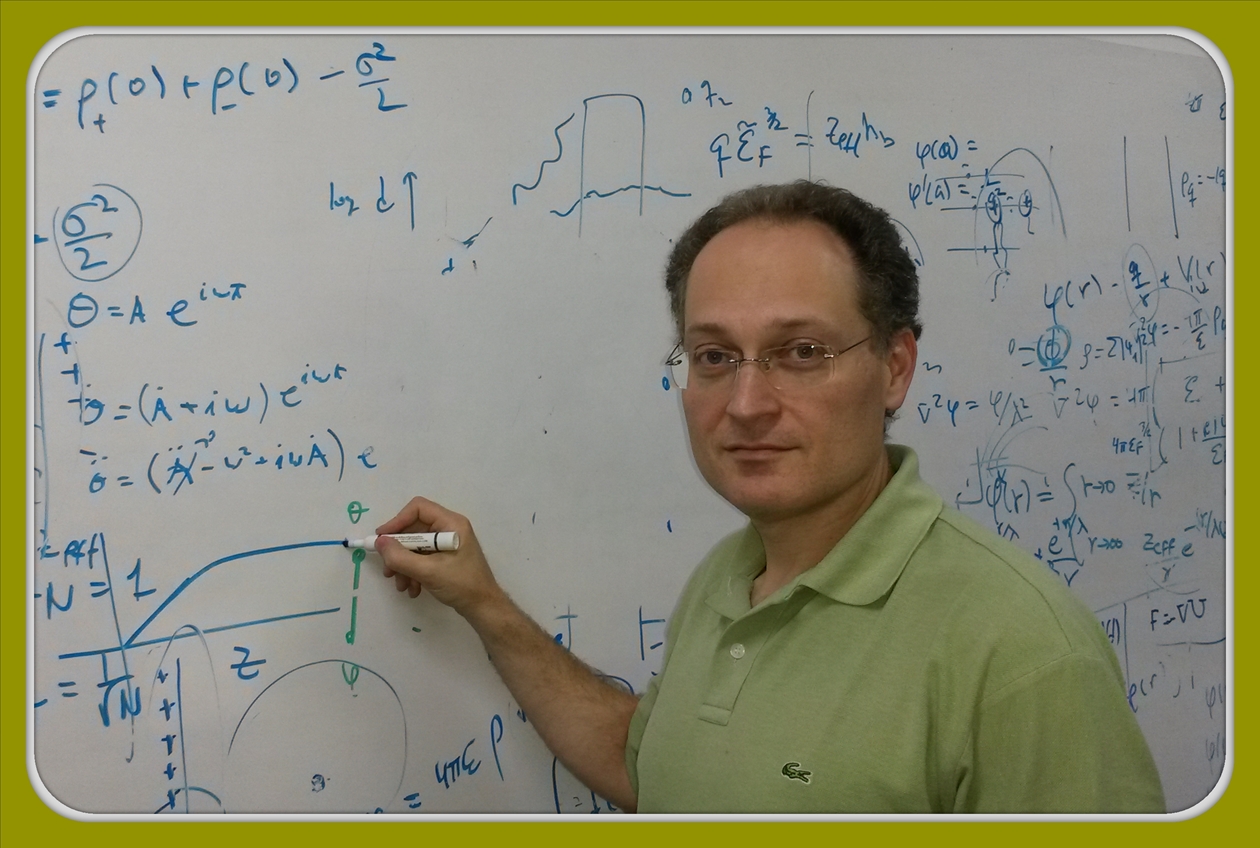
Systems with long-range forces behave very differently from those in which particles interact through short-range potentials. For systems with short-range forces, for arbitrary initial conditions, the final stationary state corresponds to the thermodynamic equilibrium and can be described equivalently by either a microcanonical, canonical, or a grand-canonical ensemble. On the other hand, for systems with unscreened long-range interactions equivalence between ensembles breaks down. In thermodynamic limit, an isolated system with long-range interactions become trapped in a non-ergodic stationary state which explicitly depends on the initial particle distribution. In this talk, a theoretical framework will be presented which allows us to obtain the final stationary state achieved by systems with long-range interactions. The theory is able to quantitatively predict both the density and the velocity distributions in the final stationary state, without any adjustable parameters.
Entrada franca
Rua do Matão, travessa R, nº 187
Transmissão no site: www.iptv.usp.br
As perguntas poderão ser enviadas antes e durante a palestra, para o email coloquio@if.usp.br







